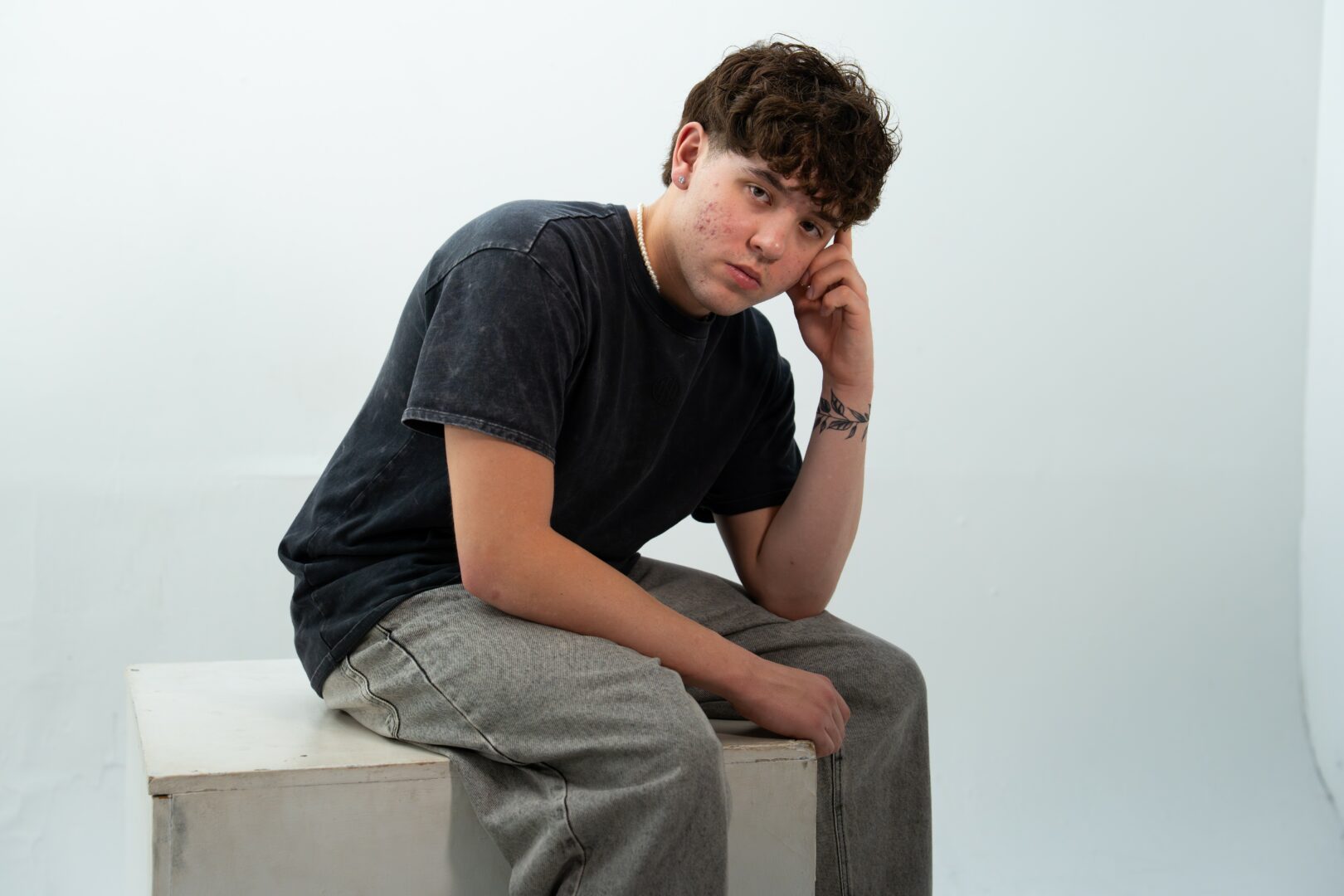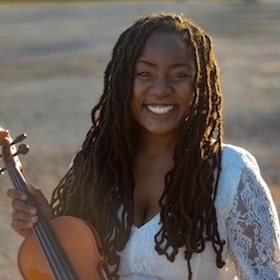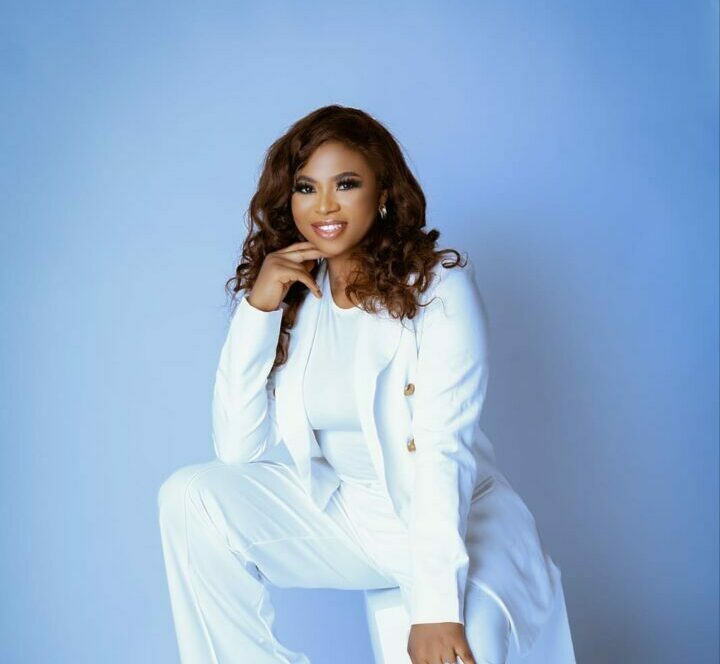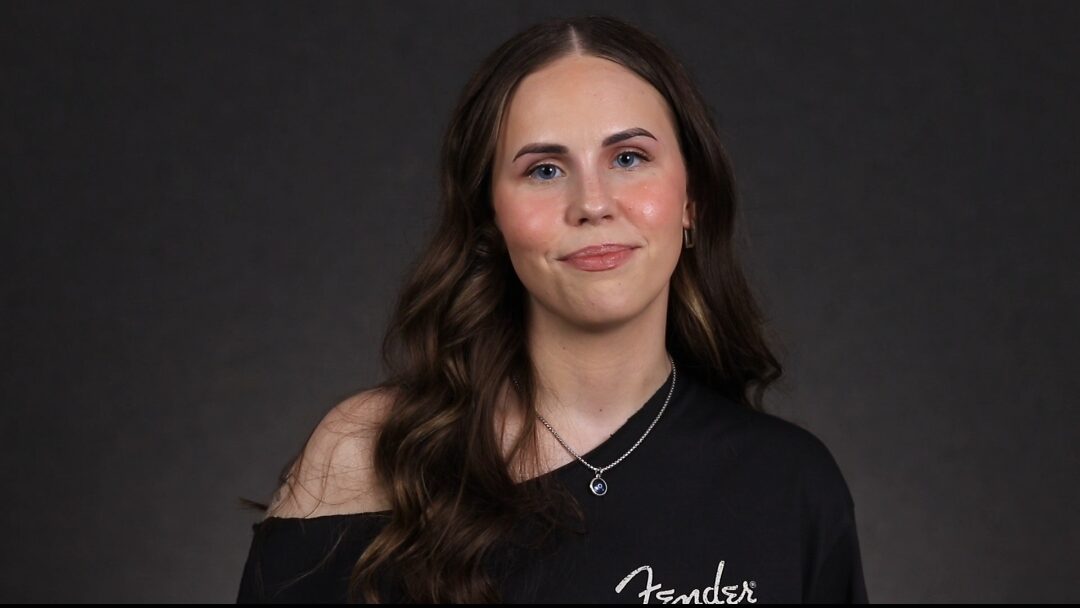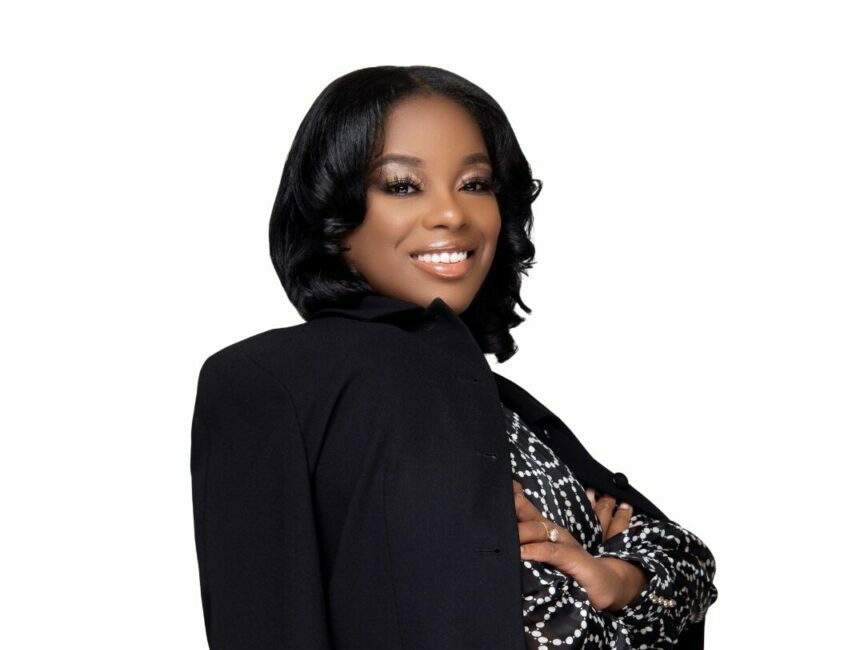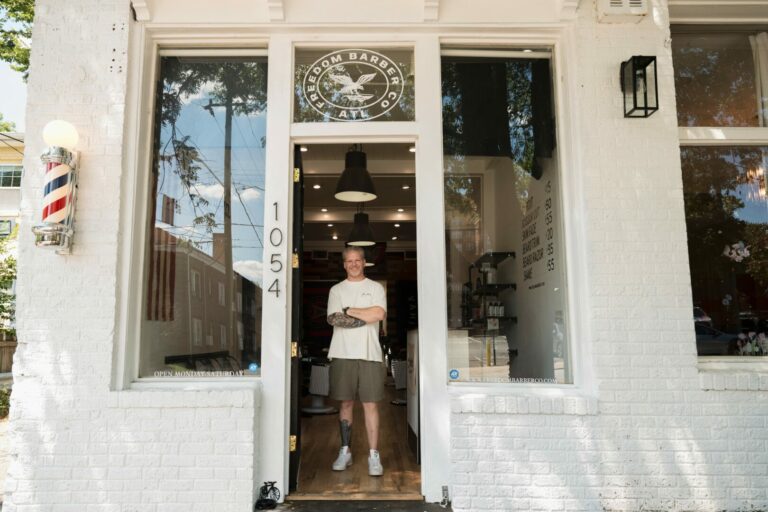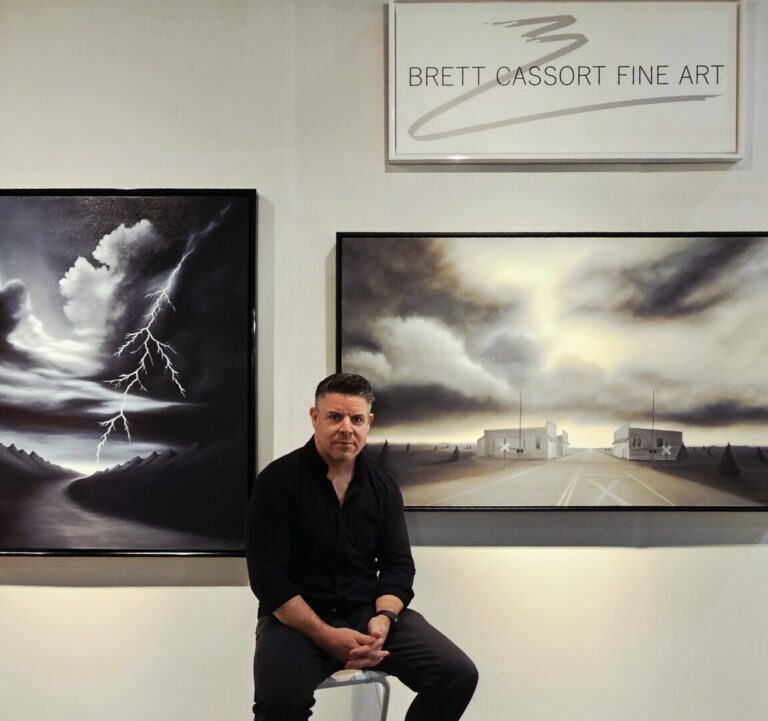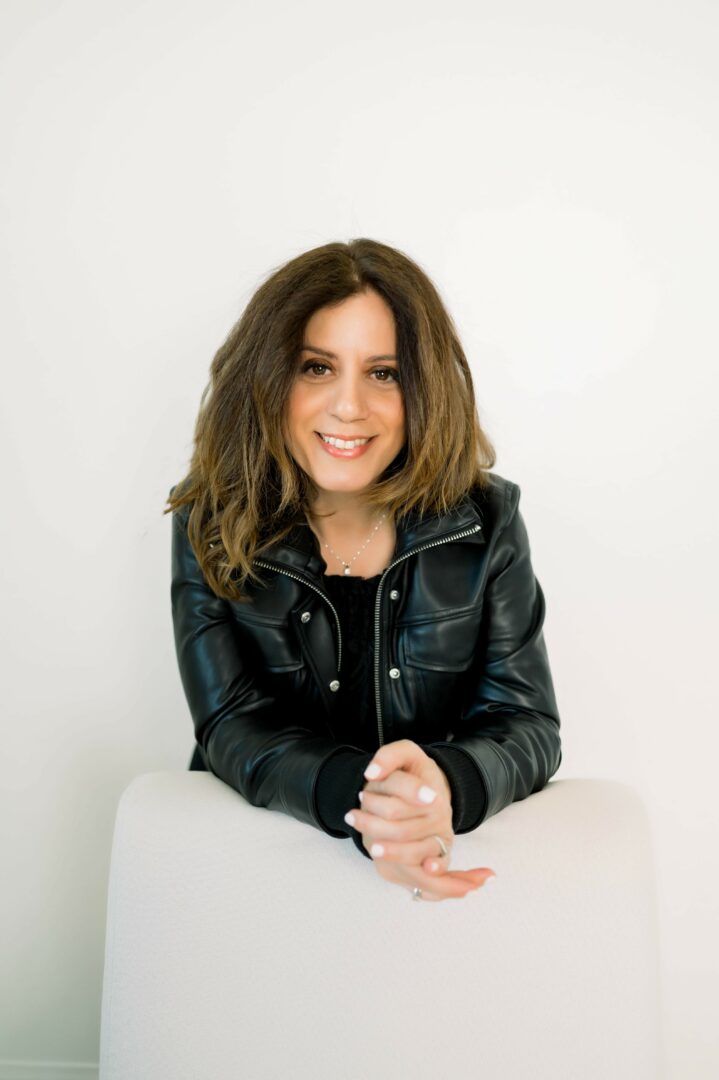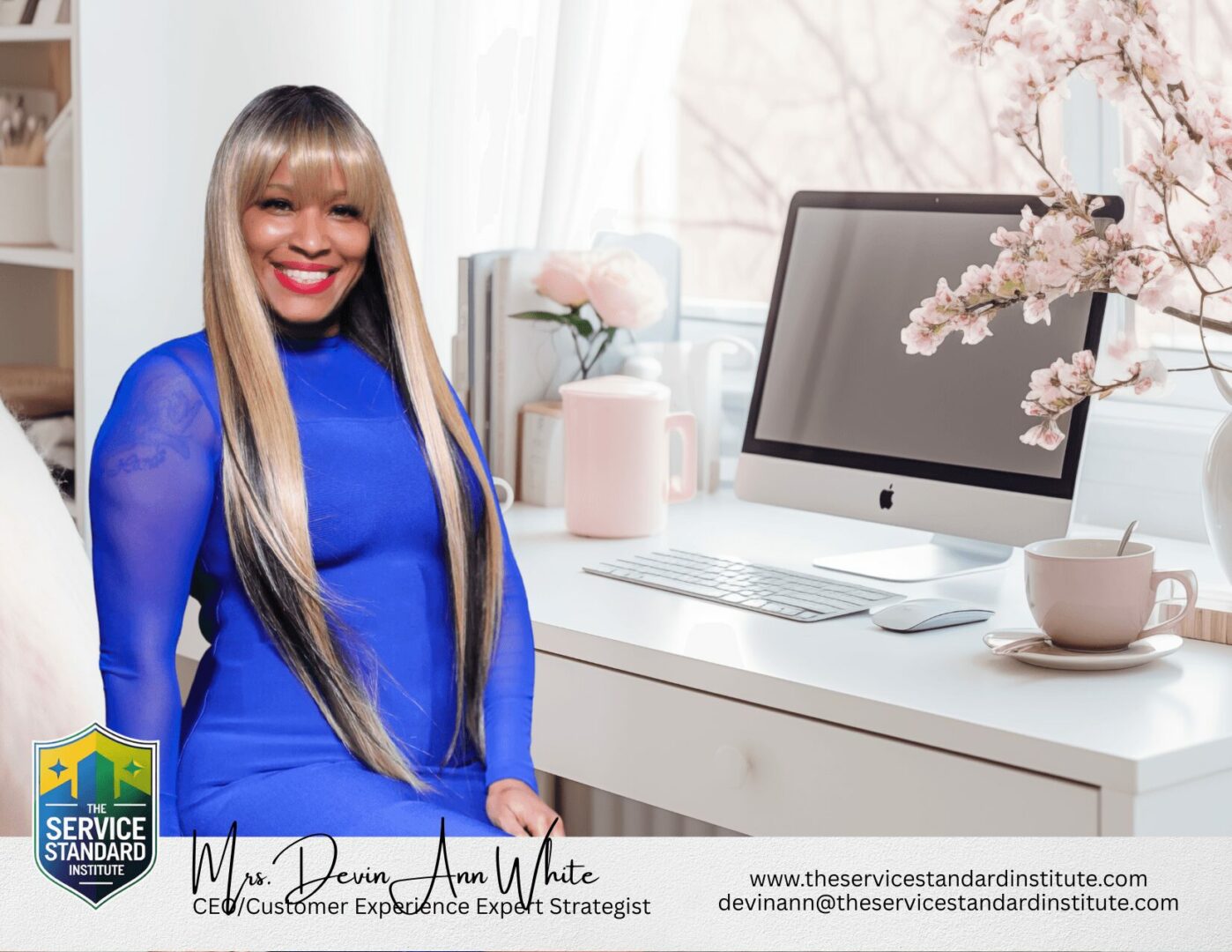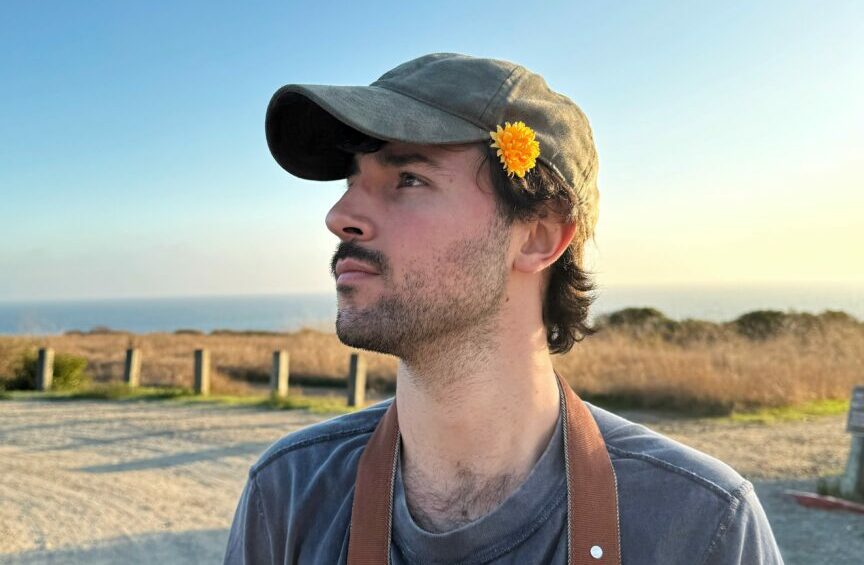What do you do when no one else in the company or the meeting looks like you? We asked entrepreneurs and creatives from across industries and geographies to share their experiences and advice.
Traliece
I have learned over the years the importance of knowing who you truly are, embracing that, being comfortable in that. It all starts with the inner work. In order for me to achieve this level of confidence, it took a combination of leaning on my faith, going to therapy, investing in life coaching, and reading books on self-improvement. Read More>>
Eric Owusu
Being the only one in the room has been the story of my life. At three years old, my father left me in Ghana, and when I came back to America I was bullied for being African and different. My mother was lost to drugs, and I grew up in a world where no one looked like me or understood my reality. Read More>>
Brad Kolowich Jr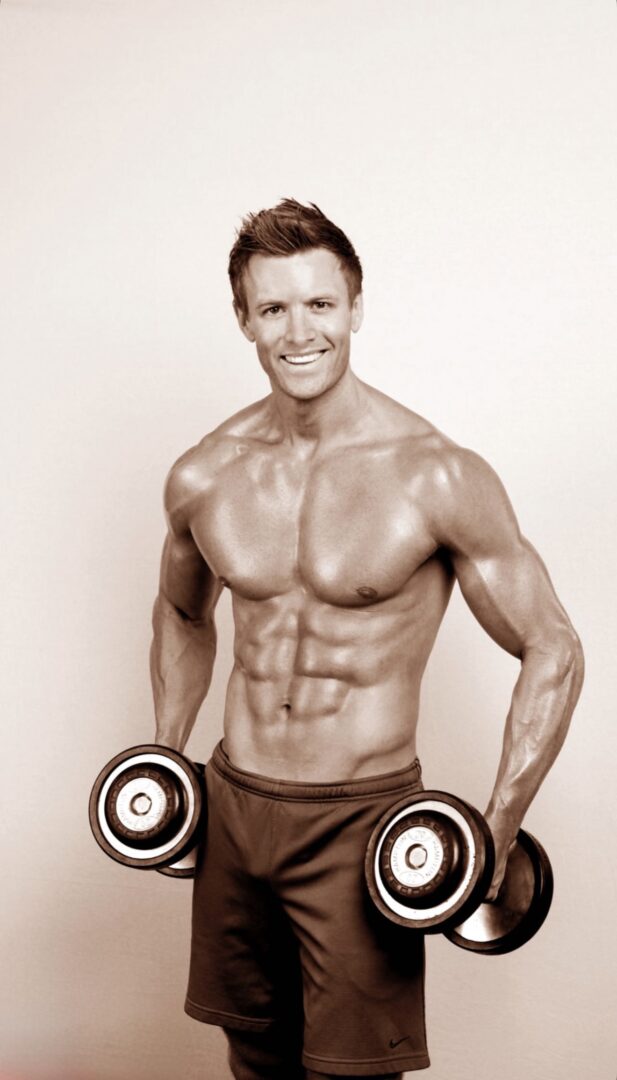
Early on in my career, I realized that being the only one in the room can either feel like a disadvantage or become your greatest advantage. It all depends on how you approach it. For me, I’ve always leaned into it. Read More>>
Bishop (Ali) Stevens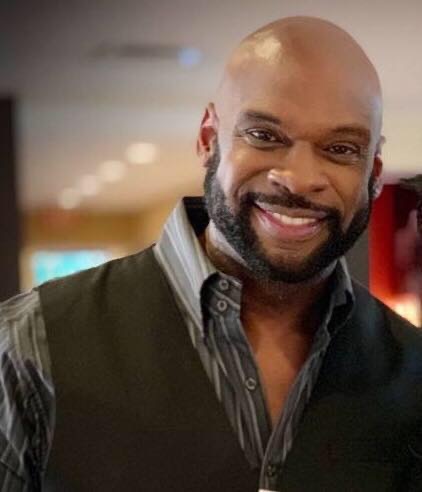
Focus , you have to learn to be focused. Even if you’re not the only one in the room they may not like you so you’re still by yourself. There has been many times I’ve been the only AA in the room, there’s been many times I’ve been the only jacked up guy in the room. Read More>>
Damali McDowell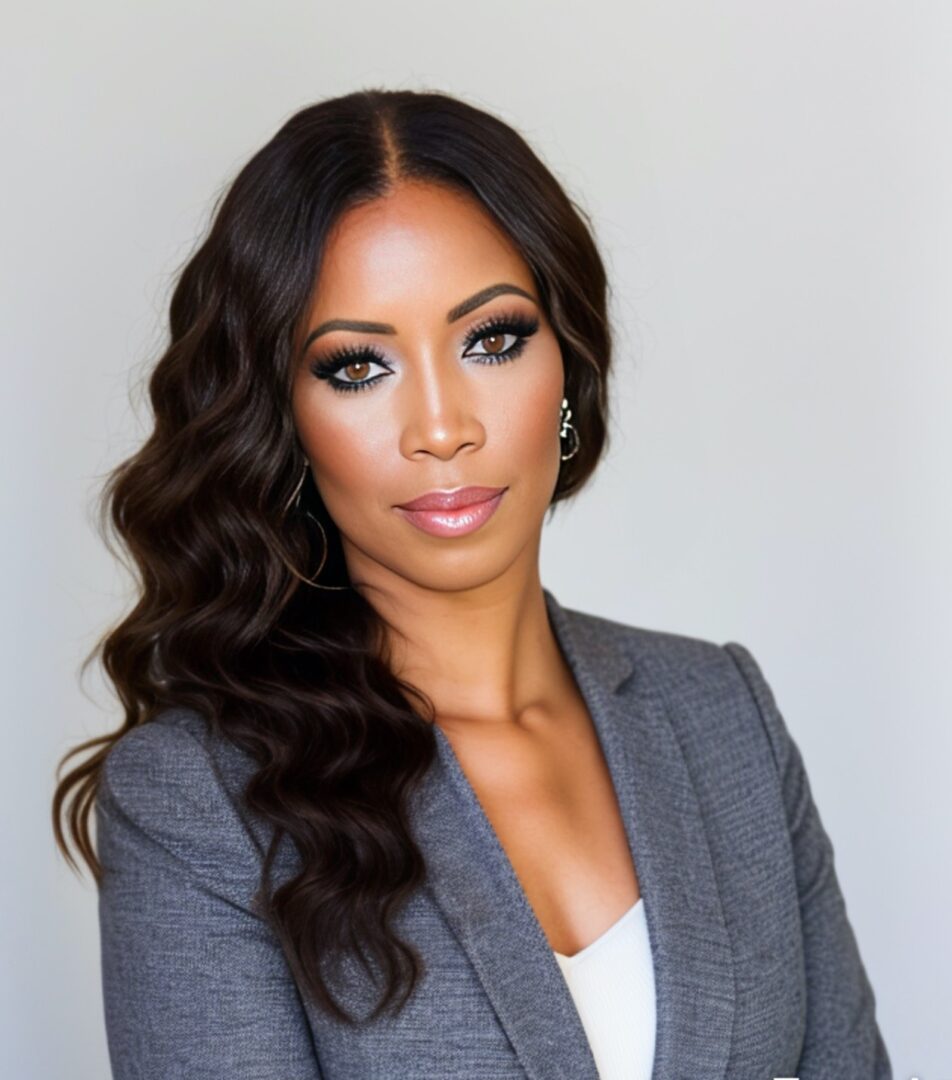
Growing up in the Southwest region of the United States in Albuquerque, New Mexico and Tucson, Arizona, I was often the only Black person in the room. Read More>>
Paola Bayron
There have been countless times I’ve walked into a room and realized I was the only one who looked like me. For a while, that used to feel heavy, as if I had to carry not just my story, but everyone else’s too. Read More>>
Jacob Maher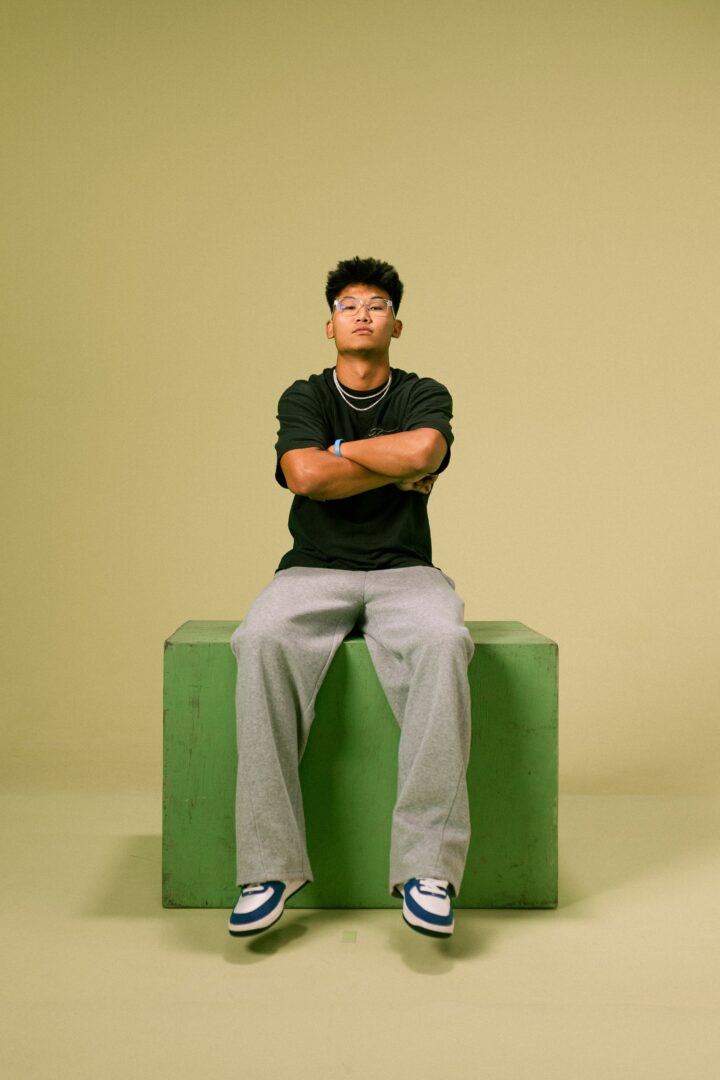
I was adopted by two amazing parents at a young age from South Korea and grew up in a suburb of Cleveland that was predominantly white. Being one of the few Asians throughout school made me realize that I always stuck out. As I moved into my career, I can honestly say it has helped me more than hurt me. Read More>>
Michael Dominguez
Having the feeling of being the odd one out in a room is certainly a feeling I’m far too familiar with. When playing a show with a bunch of very talented bands, They have multiple guys up on stage helping them bring their music to life, Where when it comes to my set, I am the only one performing. Read More>>
Jordan Gastion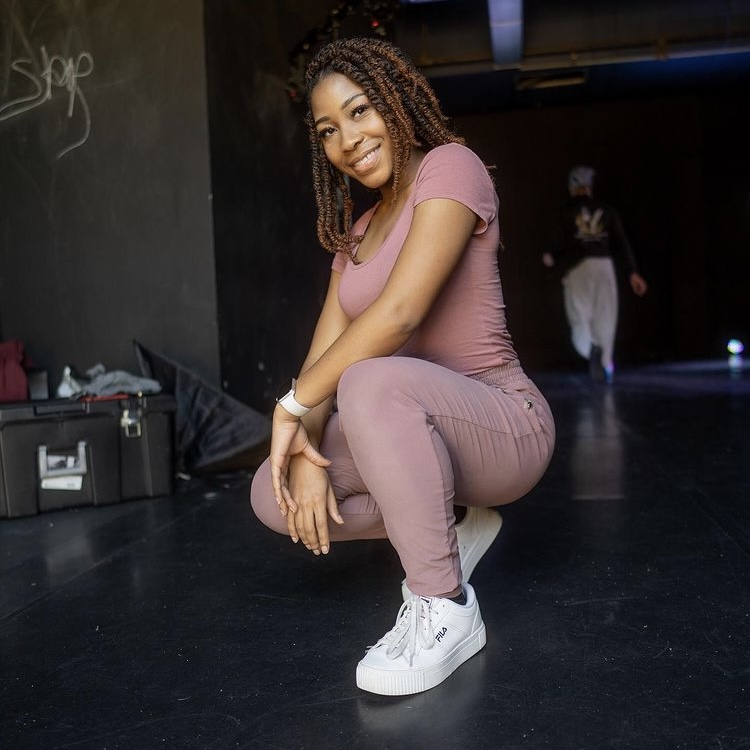
I hadn’t really been the only one who looks like me in a room until I went to college. Getting accepted into the Joffrey LA dance intensive was when I knew I’d be around people who were different from me. I came from a predominantly Black high school and a historically Black university, so I was used to a very similar cultural environment. Read More>>
Daniel Montoute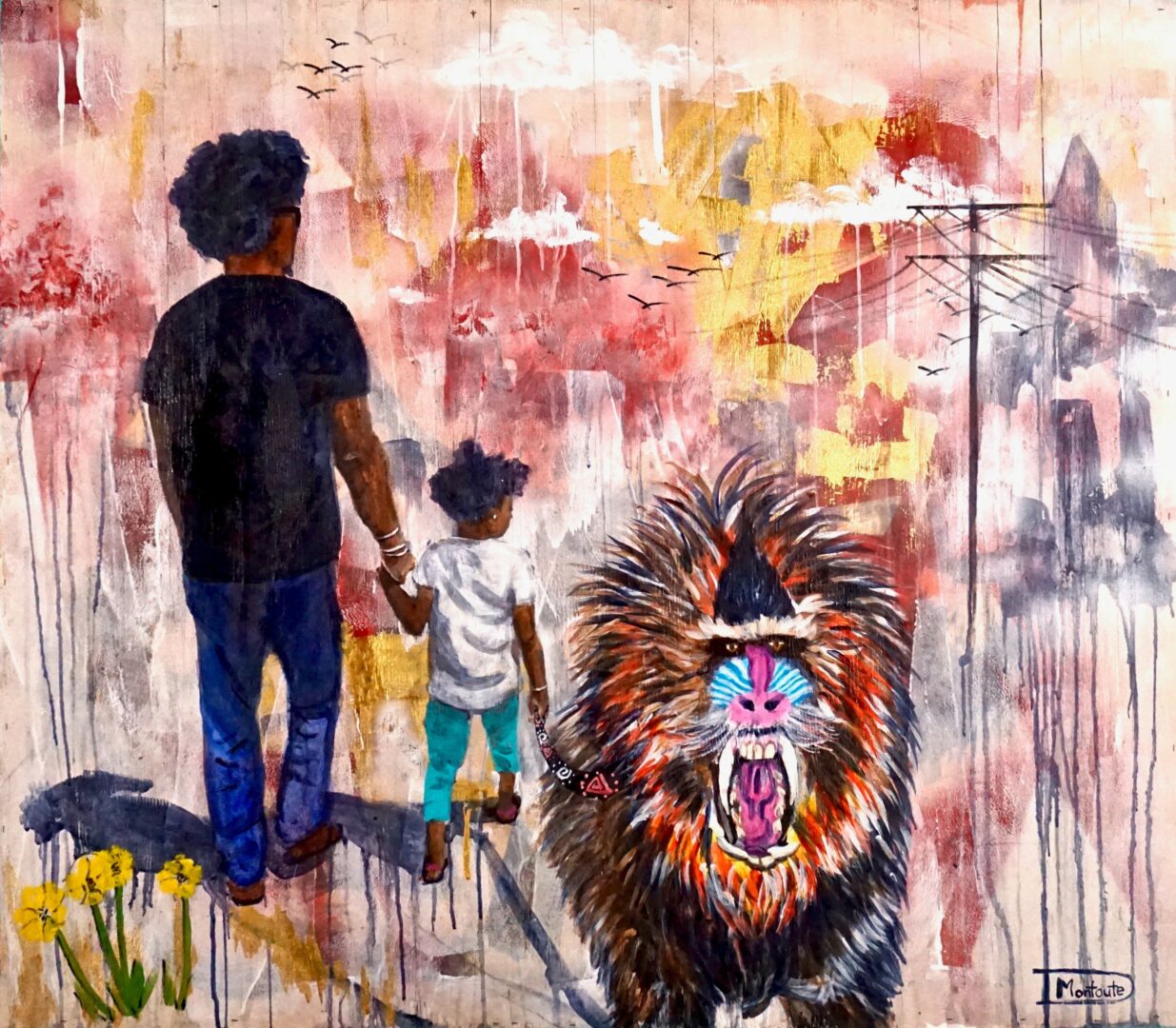
Early in my career, I often found myself in rooms where the path to success was narrow. Whether in a gallery or a civic meeting, the models were rigid. They understood an artist or an entrepreneur, but not an artist committed to building civic infrastructure as part of their creative practice. The system was not designed to contain that vision. Read More>>
TheMoistQueen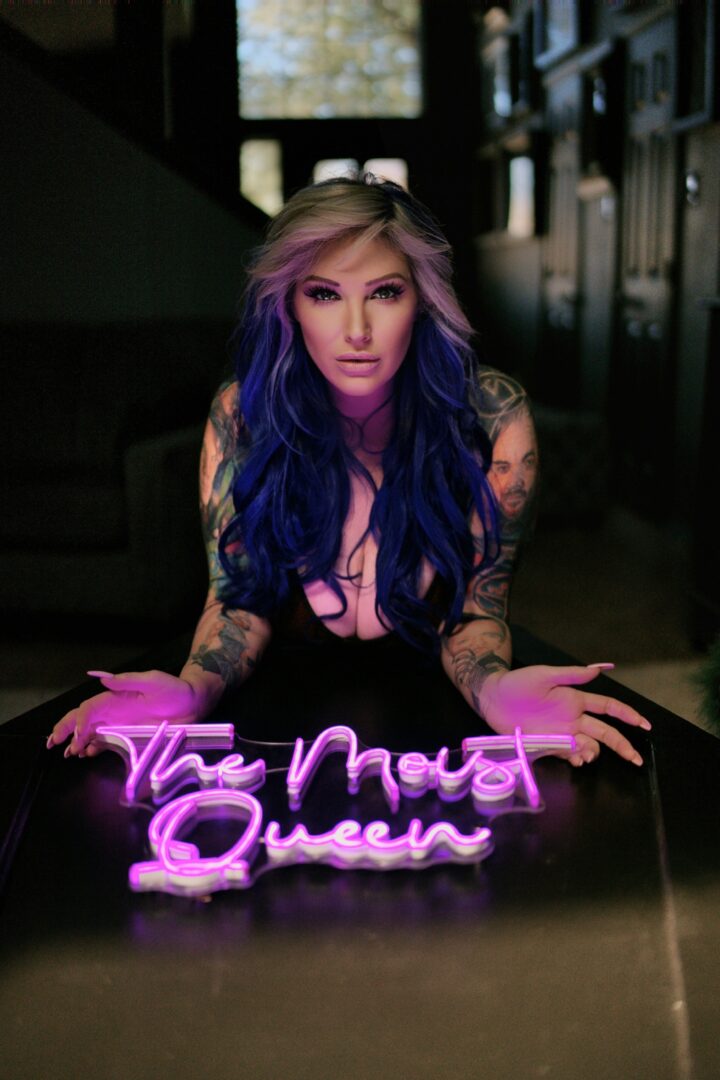
I learned a long time ago that I do not fit into any ‘norms’ when it comes to the way I look and I taught myself to love my uniqueness. Now, I am proud to be the only person in a room that looks like me. It’s a point of pride for me not to fit in. Read More>>
Tina Cruz
There are moments when I look around and realize I might be the only one in the room who looks like me. At first, it can feel a little overwhelming, almost like imposter syndrome is knocking at the door. But I’ve learned not to let it stay. Instead, I acknowledge it, let it pass, and lean into the truth that what I bring is valuable. Read More>>
Spencer Brooks Otto
Being the only one in the room has been the story of my life. I’ve spent years on the outside—whether that was living on the streets, being written off as an addict, or growing up in a home where I didn’t feel fully seen. In those spaces, I learned quickly that standing out could feel like a curse, but it could also be a strength. Read More>>
Ramiro Leal
Even when I’m the only one in the room who looks like me, I see that as an opportunity rather than a challenge. I’m also the only one who has lived my journey, and that perspective is something no one else can offer. My story, my background, and the way I see the world all become part of the work I bring forward. Read More>>
Karina Marquez
Being the only one in the room has taught me to embrace what makes me different rather than see it as a limitation. As a brown-skinned curly haired Latina, I grew up in a world where my features weren’t celebrated as the beauty standard in magazines and TV. Read More>>
Silvio Correa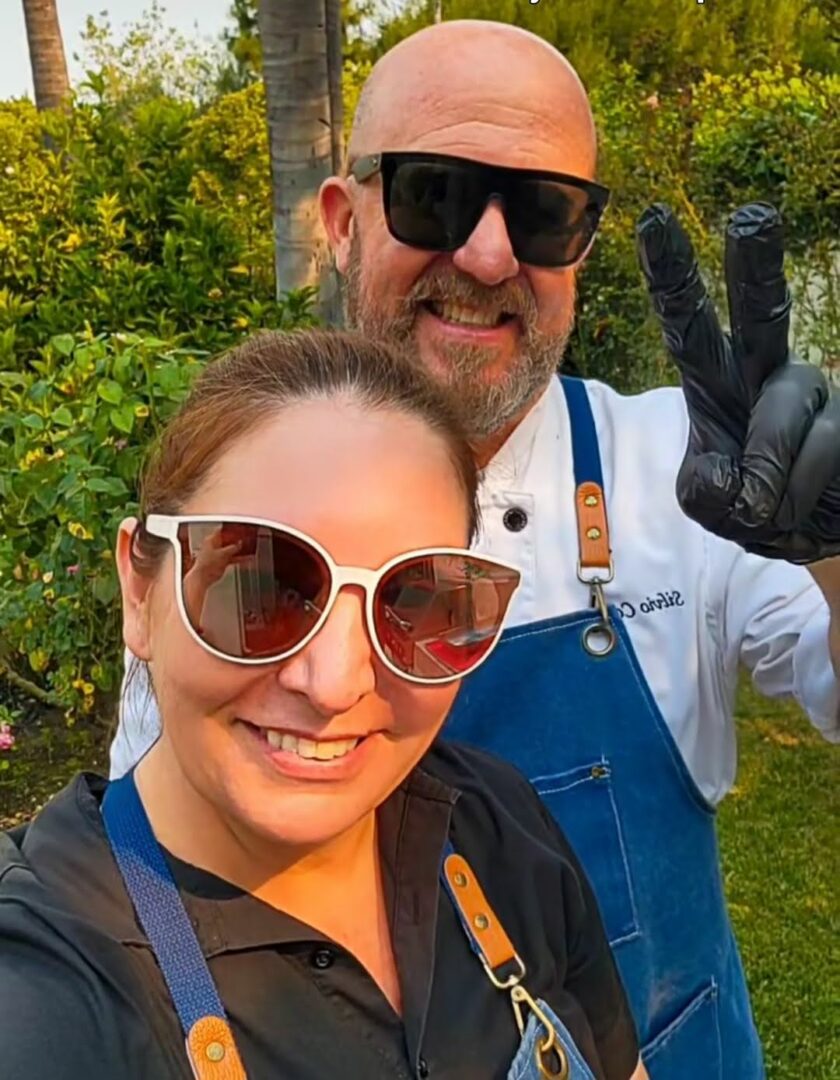
Coming from São Paulo, Brazil, and building my career in Southern California, I’ve often found myself being the only Brazilian or the only chef with my background in the room. When I first started presenting Brazilian BBQ to American clients, a lot of people had never even heard of Brazilian BBQ or cuts like picanha. Read More>>
AG Orloz
I believe that if there is one word I aspire to, it is purity. And this applies across different facets of life. For instance, when choosing a concept for a cinematic sequence, when defining a creative idea, or—on a personal level—when striving to be authentic to my essence and gradually shedding unnecessary layers in this journey we call life. Read More>>
Jacob Harrison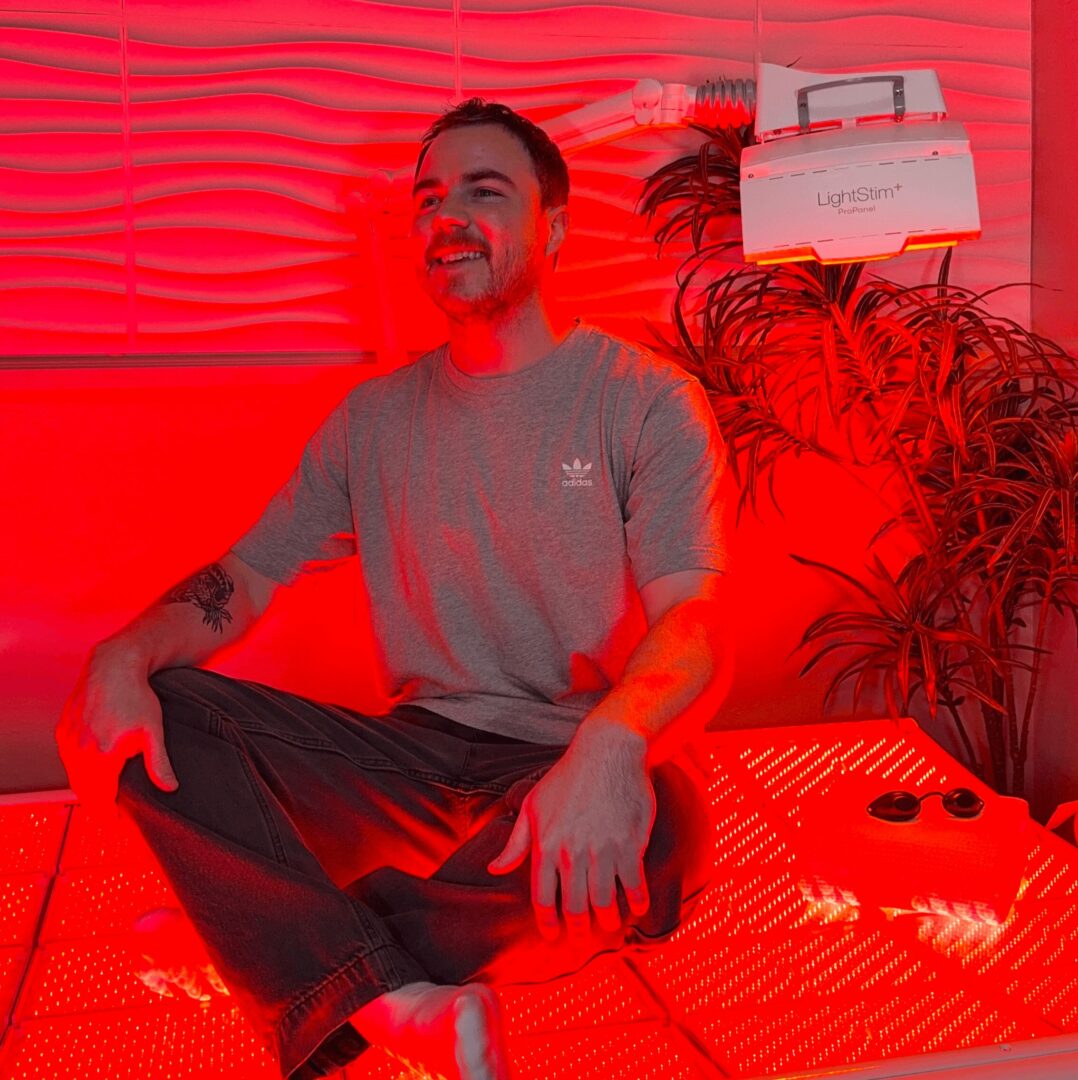
A lot of times I have been in rooms where the people around me did not come from the same background I did. Early on I thought I had to play a part, dress a certain way, and act a certain way to be taken seriously. Over time I realized that my customers connected more with me when I was genuine. Read More>>
Jessica Greene
When building a career around the things I am passionate about, I’ve learned to tap into what makes me stand apart from others. By being my most authentic self, I know I will always bring something unique to what I am trying to pursue. Read More>>
Angela Wei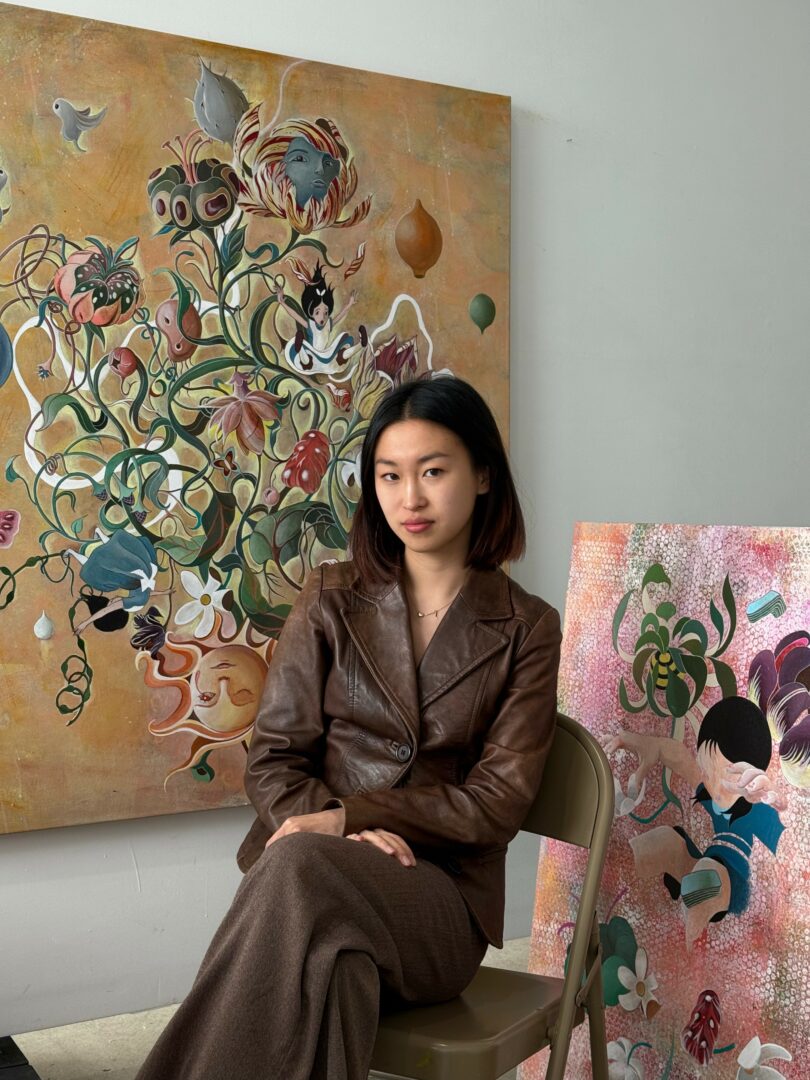
In some ways, I’ve come to see being different as a strength rather than a disadvantage. When I find myself in spaces where I may be outnumbered—whether because of my race, gender, or age—I try to embrace those differences as a marker of uniqueness and individuality. Read More>>
Gemini Michelle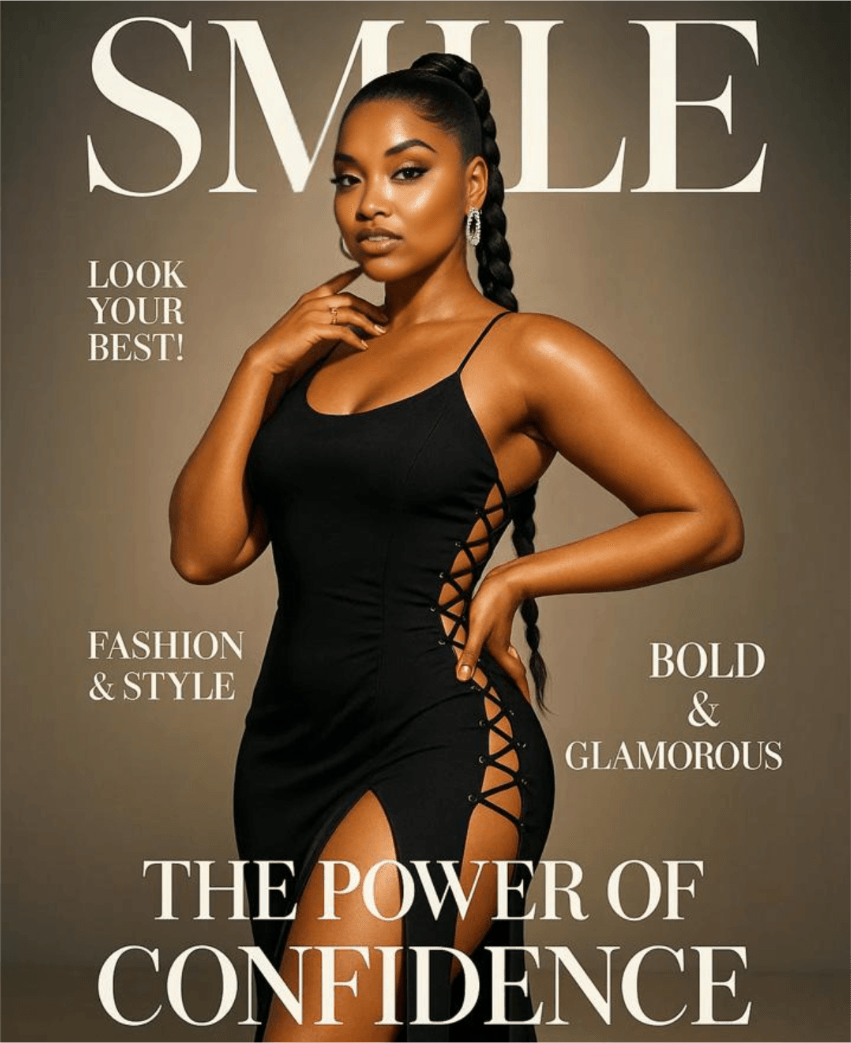
Being the only one in the room has been the story of my life — and honestly, it became my power. At first, it felt isolating. I’d walk into spaces where no one looked like me, no one came from my background, and I carried the weight of proving myself. Read More>>
Michelynne Mccarter-Bell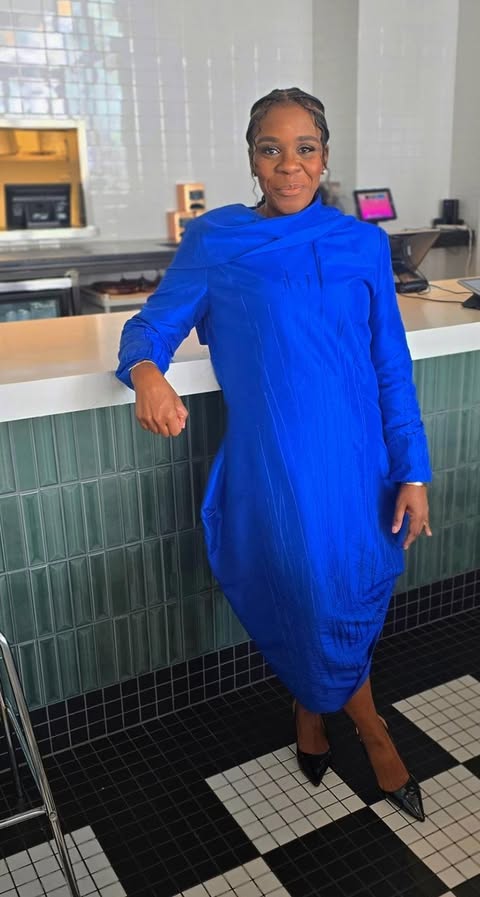
One of the ways I’ve become more effective is by learning to show up as organically as possible. Doubt and uncertainty often creep in through imposter syndrome, which can easily stunt your growth. But reminding yourself that you are knowledgeable, prepared, and smart is enough. Too often, we shrink in spaces where, in reality, we might be the most insightful person in the room. Read More>>
BinKKy Baby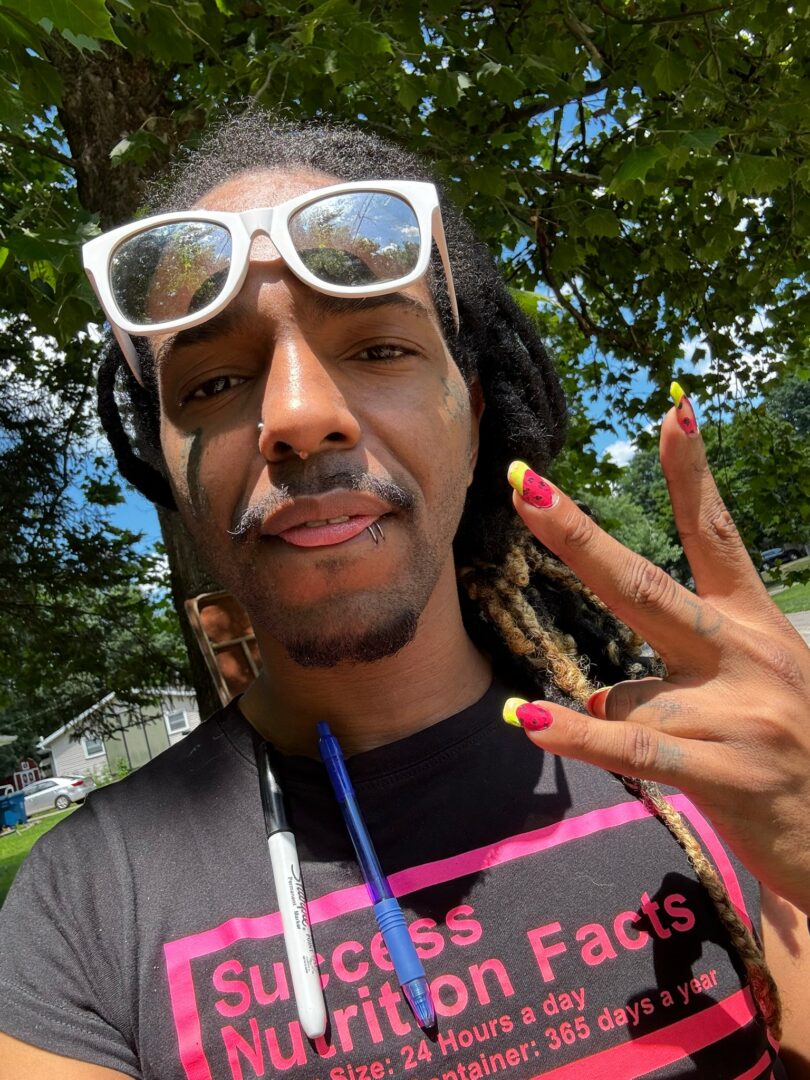
Ive learned that despite my outward appearance success and productivity are no stranger to me. Self expression is key to being original but at the same time one must be able to speak and act like that/those of the surroundings. Appearing different is only merely a means to gain access and juggle the attention of many. Read More>>
Deb Mallin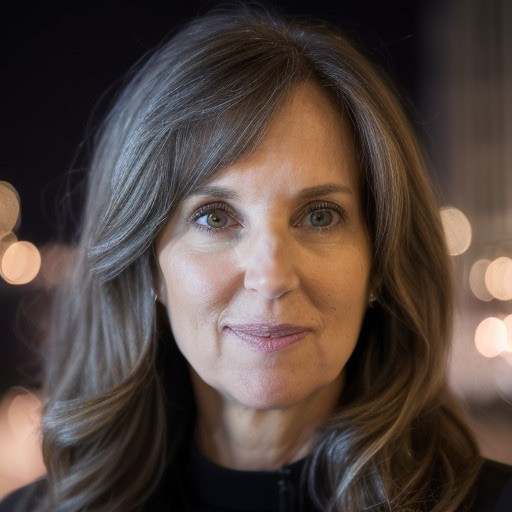
I’ve come to realize that being “the only one in the room” is less about appearance and more about perspective. I’m often the only one in the room who identifies as a teacher first—before Founder, CEO, or EdTech innovator. I’m the one who shows up with gray hair, a sweater set, reading glasses, and yes, often a pencil in hand. Read More>>
Dellis Frank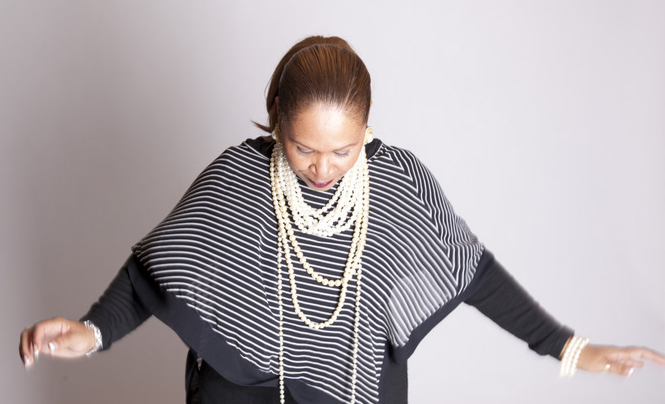
I’ve often found myself as the only one in the room who looks like me, and instead of letting that diminish my presence, I’ve leaned into it as strength. My ancestors had to create space for themselves where none existed, and I carry that legacy forward. Read More>>
Jayden Manis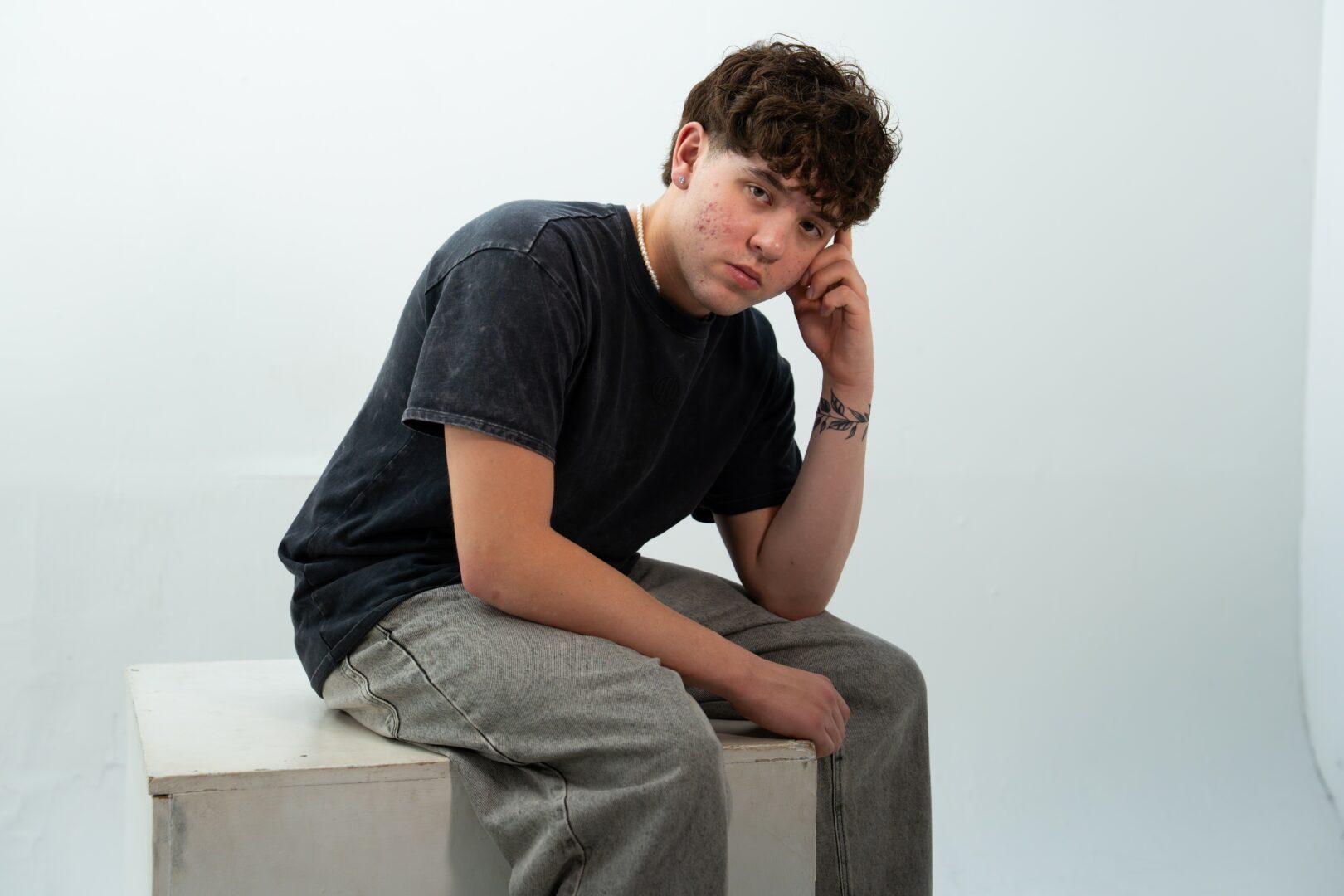
Honestly, learning to envision my future life is what makes me more effective and successful. When I go in public places, I’m always thinking about how nobody knows who I am yet, but how someday I’ll walk through the same store turning heads and fans coming up for pictures. All because I never gave up. Read More>>
Katelyn Carpio
I’ve had to get comfortable standing out not just because I look different, but because I am different. And I stopped seeing that as a weakness a long time ago. When I walk into a room, I don’t need to announce myself. I know how to read energy, how to move with intention, how to make people feel me before I even speak. Read More>>
Micah 
I often describe myself as a hybrid—a Belizean-American raised between Chicago and Belize, fluent in multiple languages, and shaped by two very different cultures. For much of my life, that came with challenges. In the U.S., I wasn’t always seen as Black enough or Latin enough, and in Belize, there were times I wasn’t considered fully Belizean. Read More>>
CJ Wollack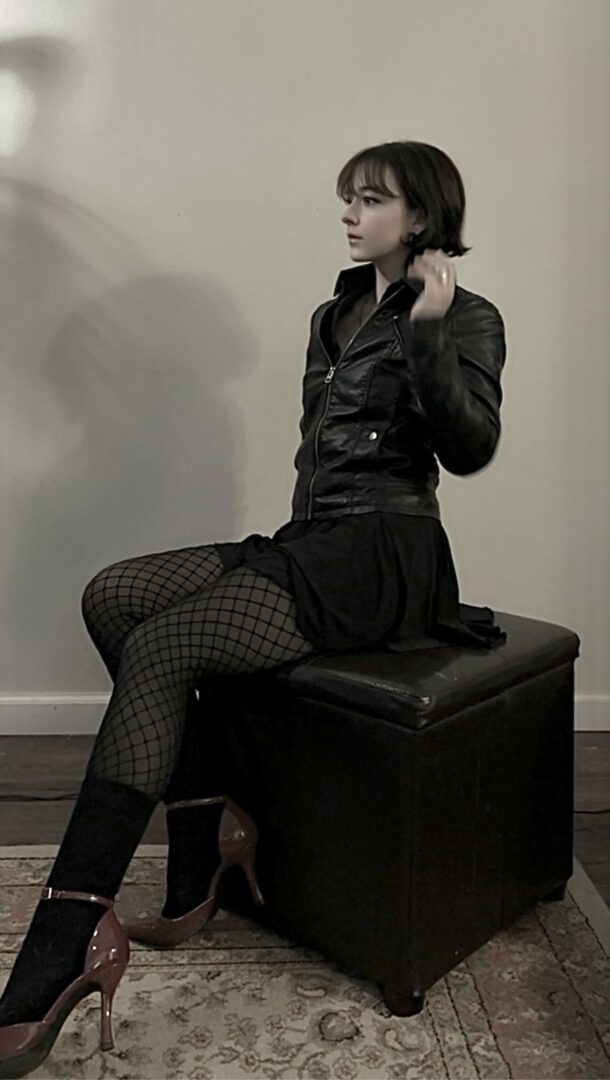
This question holds a special place in my heart. I dreamed of being an artist since childhood but faced prejudice based upon the way I express myself for as far back as I can remember. This judgement has come not only from strangers in passing but from friends and family as well. Read More>>
Frank A. Ramos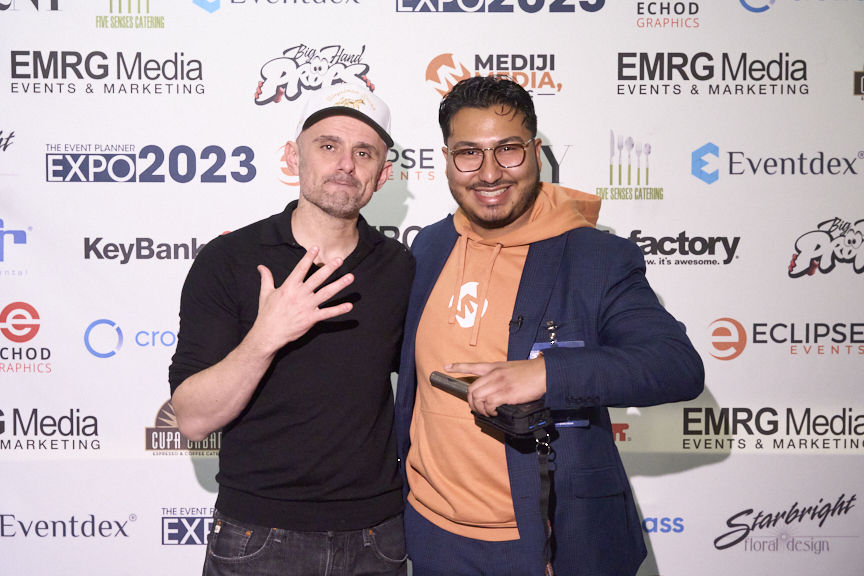
I learned early on to see being the only one in the room not as a setback, but as an advantage. It gave me a unique perspective and pushed me to stand out through my work ethic, storytelling, and the value I bring. Instead of blending in, I leaned into what made me different and that’s been the key to my success. Read More>>
Katy Nguyen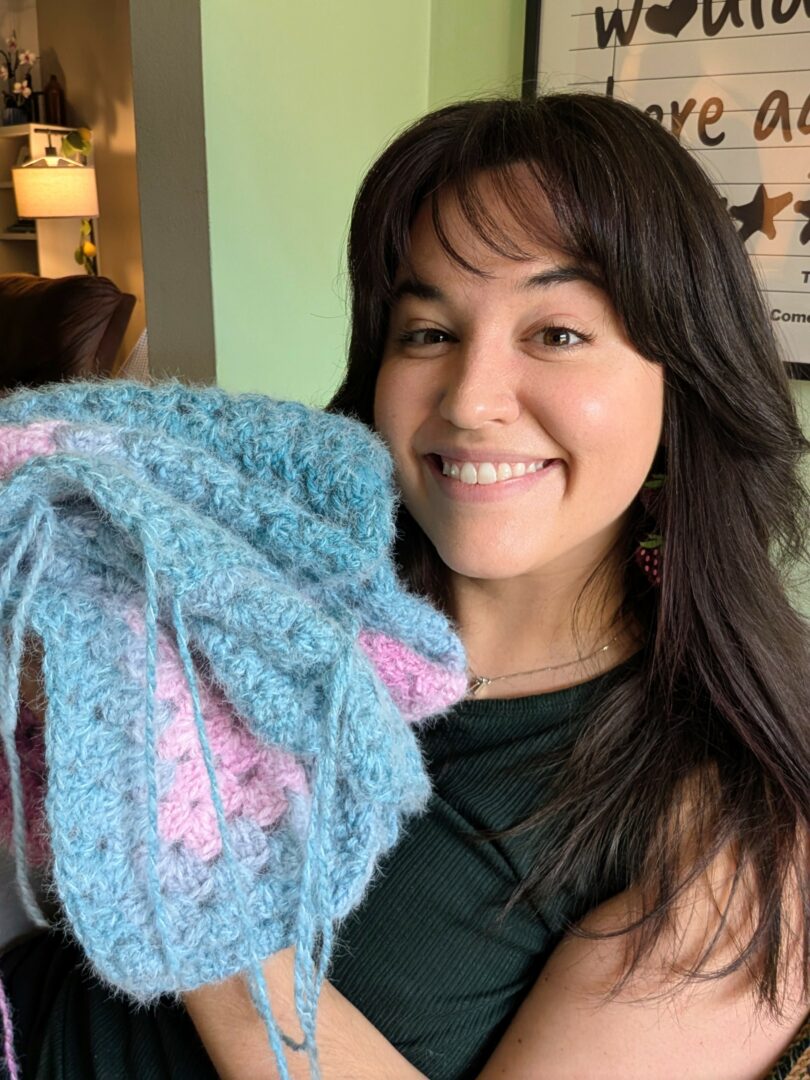
This has become easier since I stopped caring whether anyone else in the room looks like me. On the podcast ‘How I Built This’, Jenn Hyman of Rent the Runway spoke about the importance of letting go of ego to be successful in business. I am not, and likely never will be, the CEO of a major company, but that idea still resonates with me. Read More>>
Brooke Davidoff
In spaces where HIV Activists gather white cisgender women are defiantly a minority, Funny, I was asked this same question on a panel at a conference I was presenting on in Dallas, Texas earlier this year, of the demographics attending this three-day women’s HIV educational, motivational and relaxation filled weekend 79% of the attendees were Black/African American and only 7% were white. Read More>>
Dorado Quick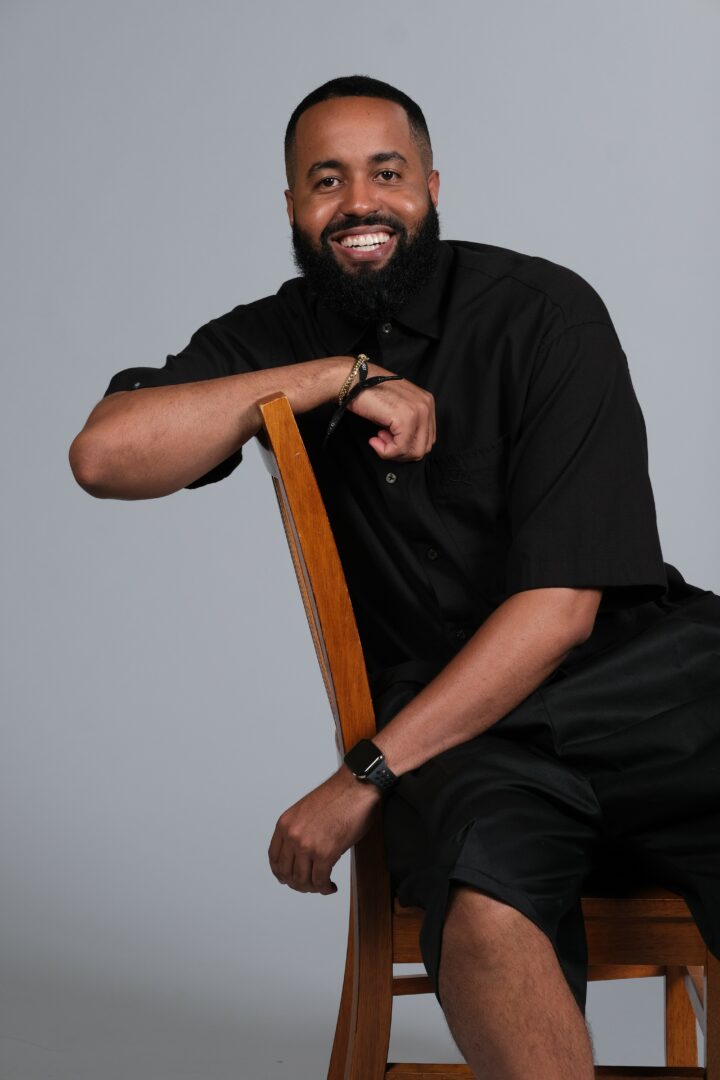
You gotta strive to find a balance of gratitude, humility, grace, and confidence while avoiding the constant temptation to shrink yourself. You gotta have gratitude for being in the room, for the people who put you in the room, and for the fact that others who look like you wish they were in your position. Read More>>
Diana Munoz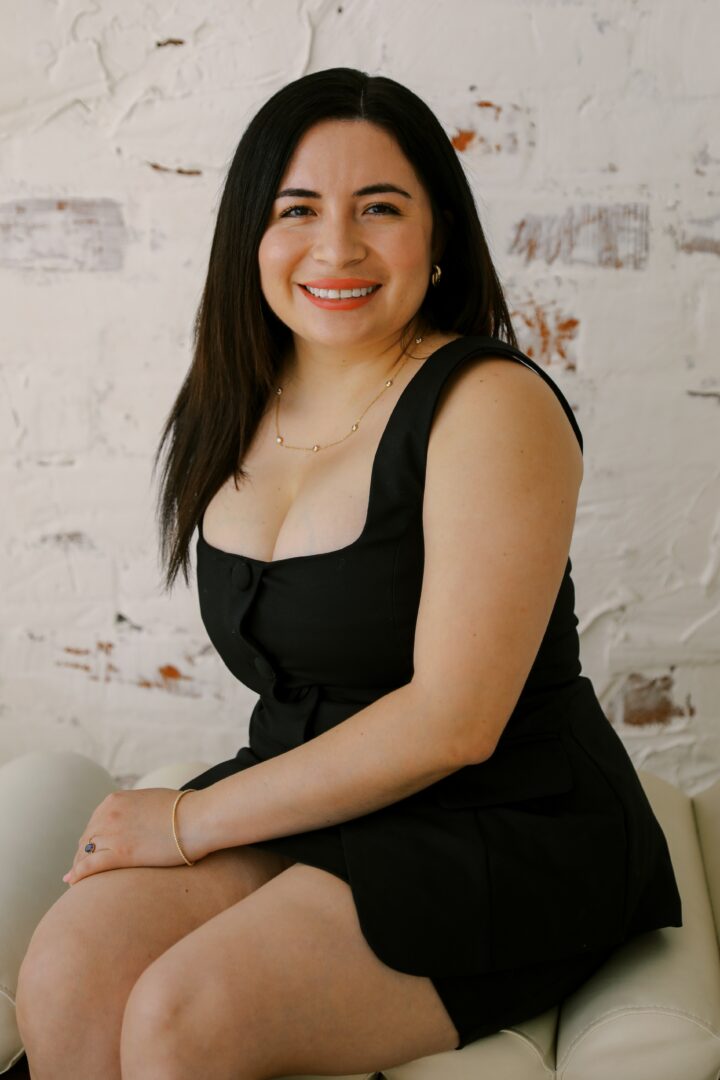
As a first-generation Latina, born in Mexico, and a young woman in a male-dominated industry, I’ve often found myself being the only one in the room who looks like me or shares my lived experiences. At first, that came with pressure: to prove myself, to blend in, to not “mess up.” But over time, I’ve realized that being different is exactly what makes me effective. Read More>>
Henry Taylour
To be honest, as a child I was really into both sports and music, but most of the time I think that sport was a bigger priority, and part of this was the people around me and the company I kept. Read More>>
Addison Lindsey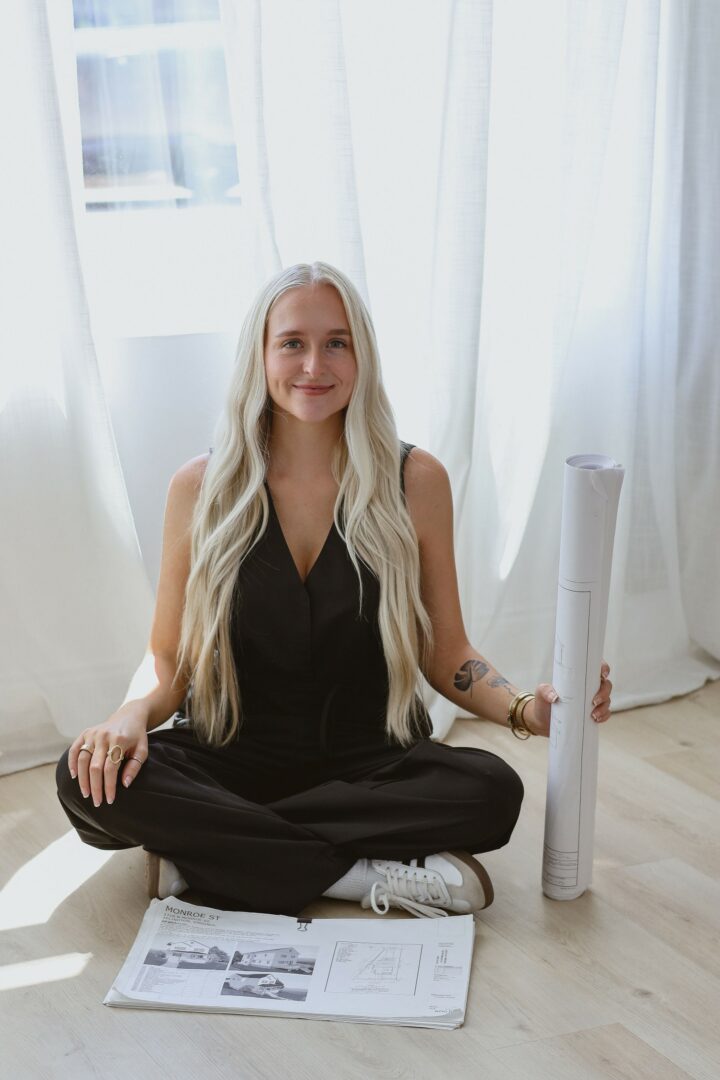
As a young woman walking onto job sites, I’m often stepping into spaces where I’m the only one who looks like me; both in age and gender. Early on, I realized that my effectiveness depended on striking the right balance between confidence and collaboration. Read More>>
Joanne Yun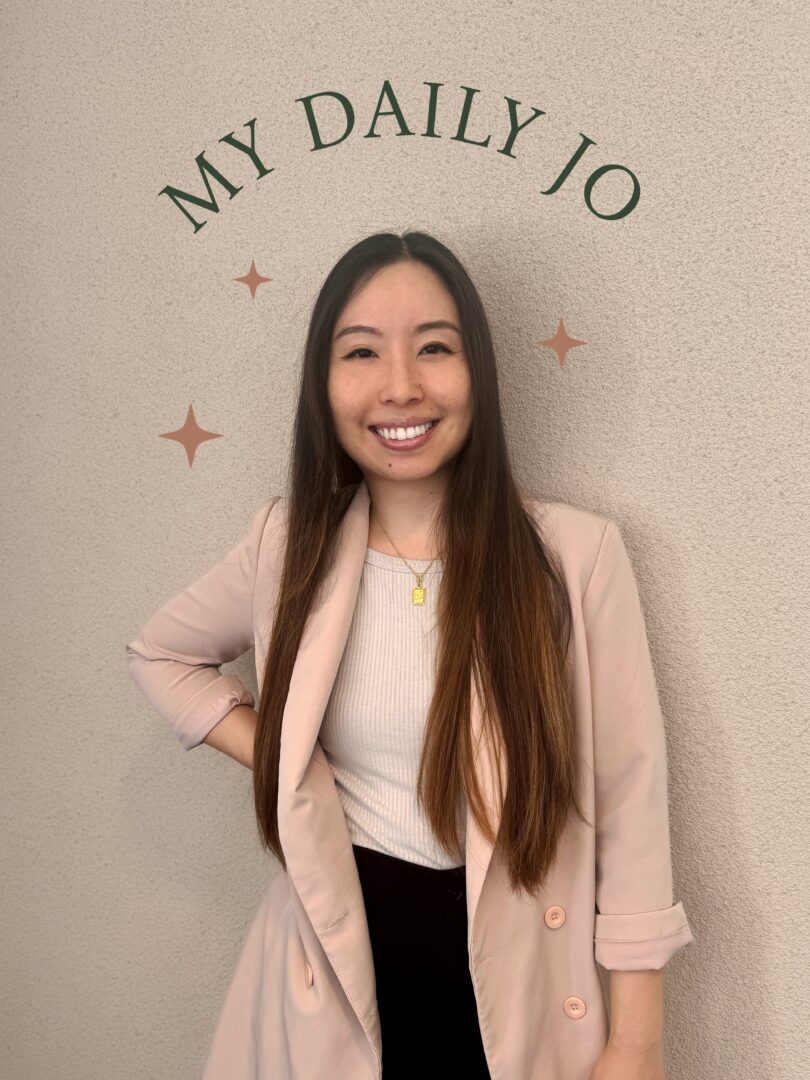
I see it both as a positive and negative. Of course when you’re the only one pursuing a specific path, it tends to feel lonely. There’s no one else you can lean on for support when you want to bounce ideas off of or receive feedback. Who can you ask if you’re questioning your rates? Read More>>
Aubri Ebony Williams
I think having a strong sense of self is beyond important because no matter what anyone thinks of you, your views of yourself are so strong that no comment can break you. You won’t always be surrounded by people who fully support you, or maybe you will. Read More>>
Emily Miller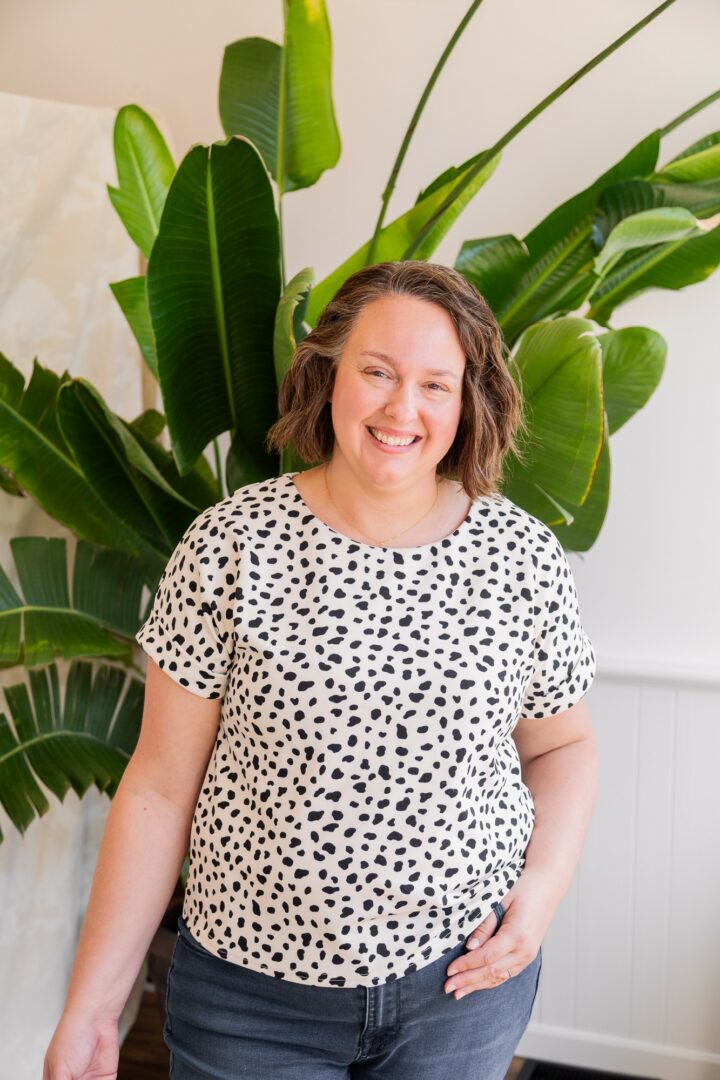
I find myself in many rooms as the only female and while it can be challenging to navigate, I’ve found that it is possible to be successful and effective in those places. I’ve been in situations where it felt like I didn’t get a certain job because I was a woman. Here are 3 things that I bring to each of those conversations: 1. Read More>>
Kennedy Michelle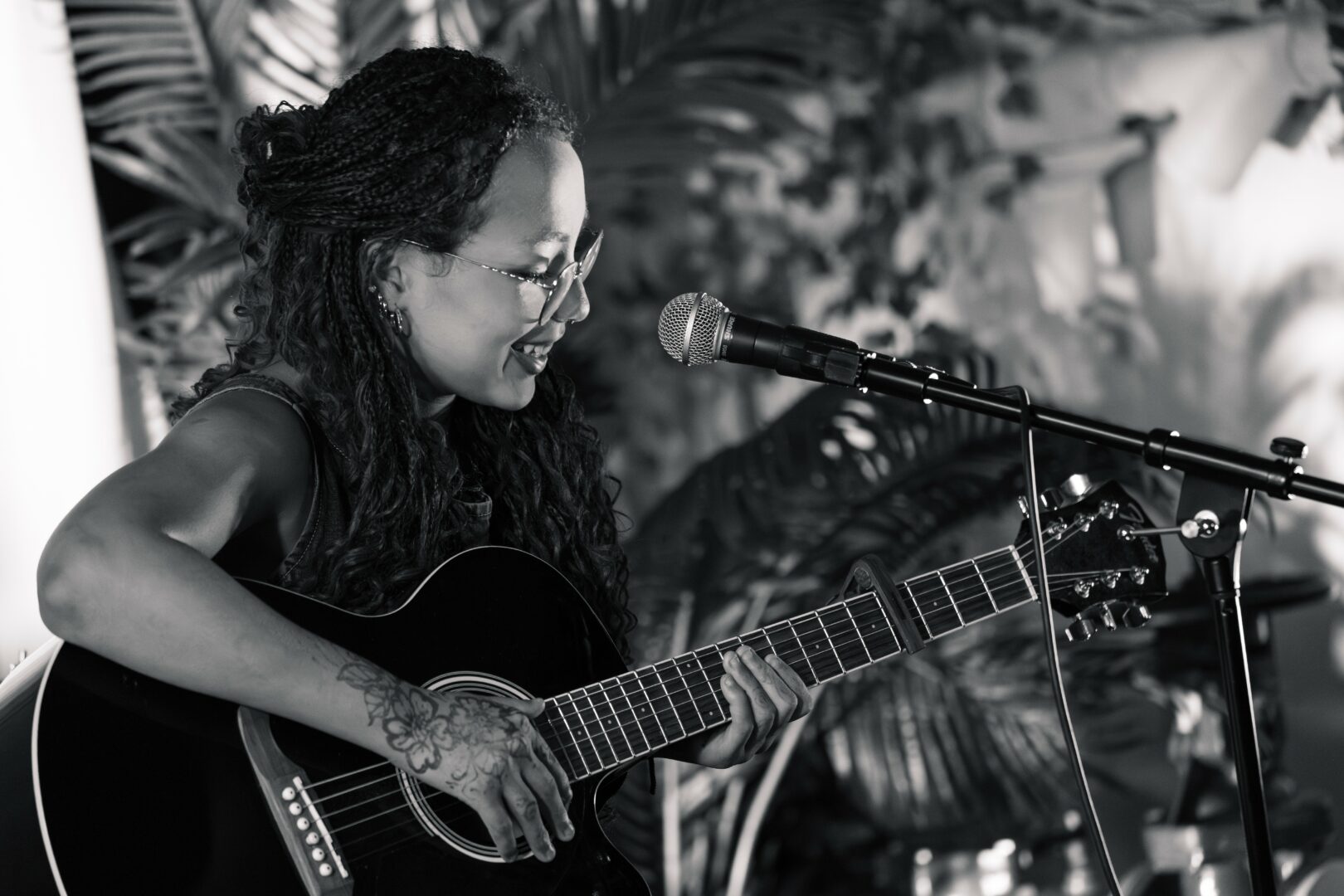
There have definitely been times where being the only person in the room who looks like me felt isolating. Up until high school, I had gone to predominately white schools, where I was usually one of two or three students who looked like me in my grade. It was challenging for a while and felt like no one truly understood me.
Kheru DeFontes El
Honestly, I’ve learned how to thrive and stand out, even when I’m the only person in the room who looks like me, by staying deeply committed to my craft. I pour myself into my work and I pour the work into me. this allowed me to stand firm with confidence. Read More>>
April Onstad
I love this topic because I am so passionate about my profession and being one who is determined to bring change to the industry I am in. I first noticed that I was the only female photographer at the first concert I ever scored a press pass to cover. After that show, my photograph was picked up by Salt n’ Pepa and shared on Instagram. Read More>>
Jody Friedman 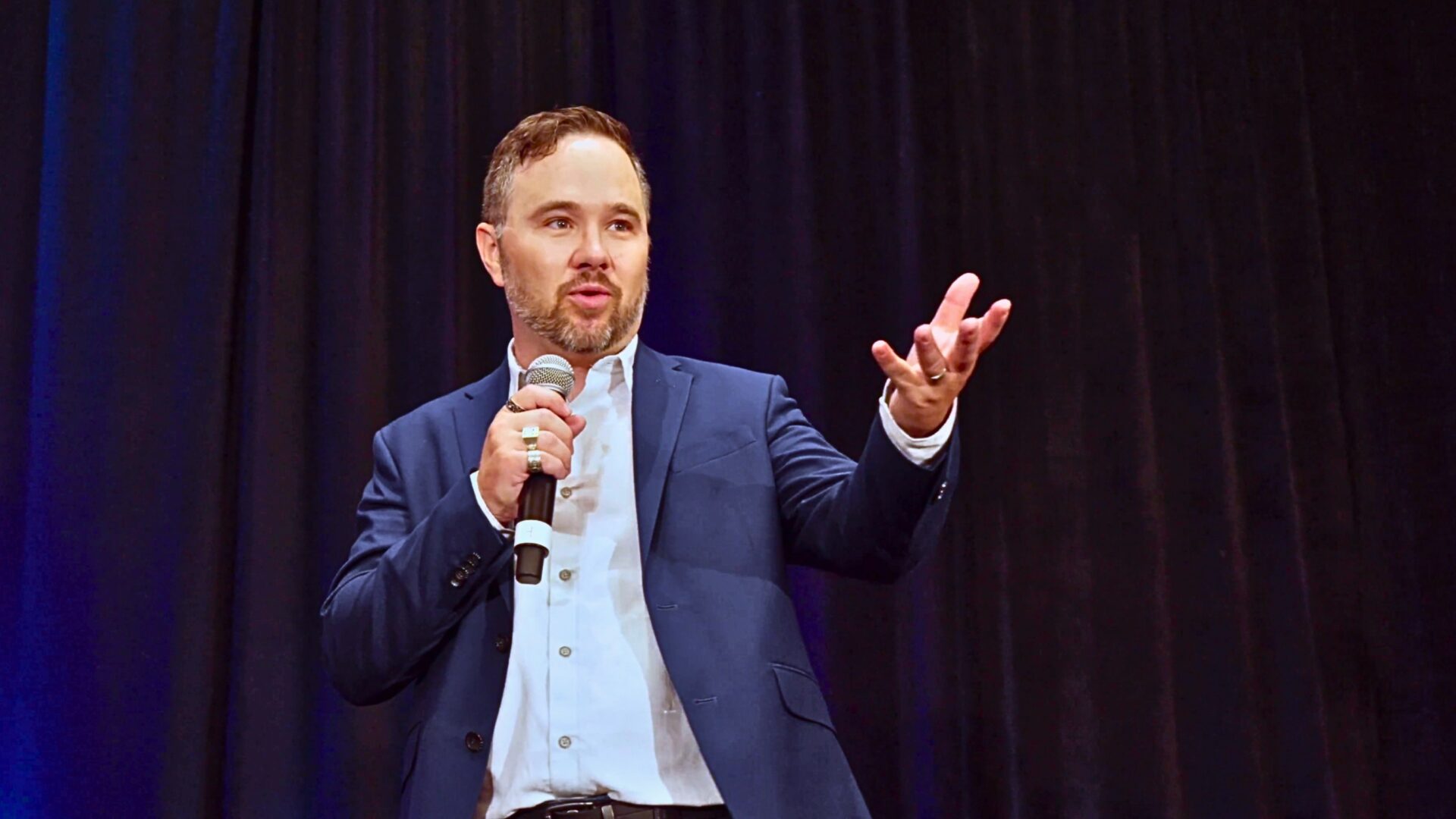
I think what you mean by this question is how have I leaned into being authentic and me, and not trying to be everyone else or like everyone else. Read More>>

